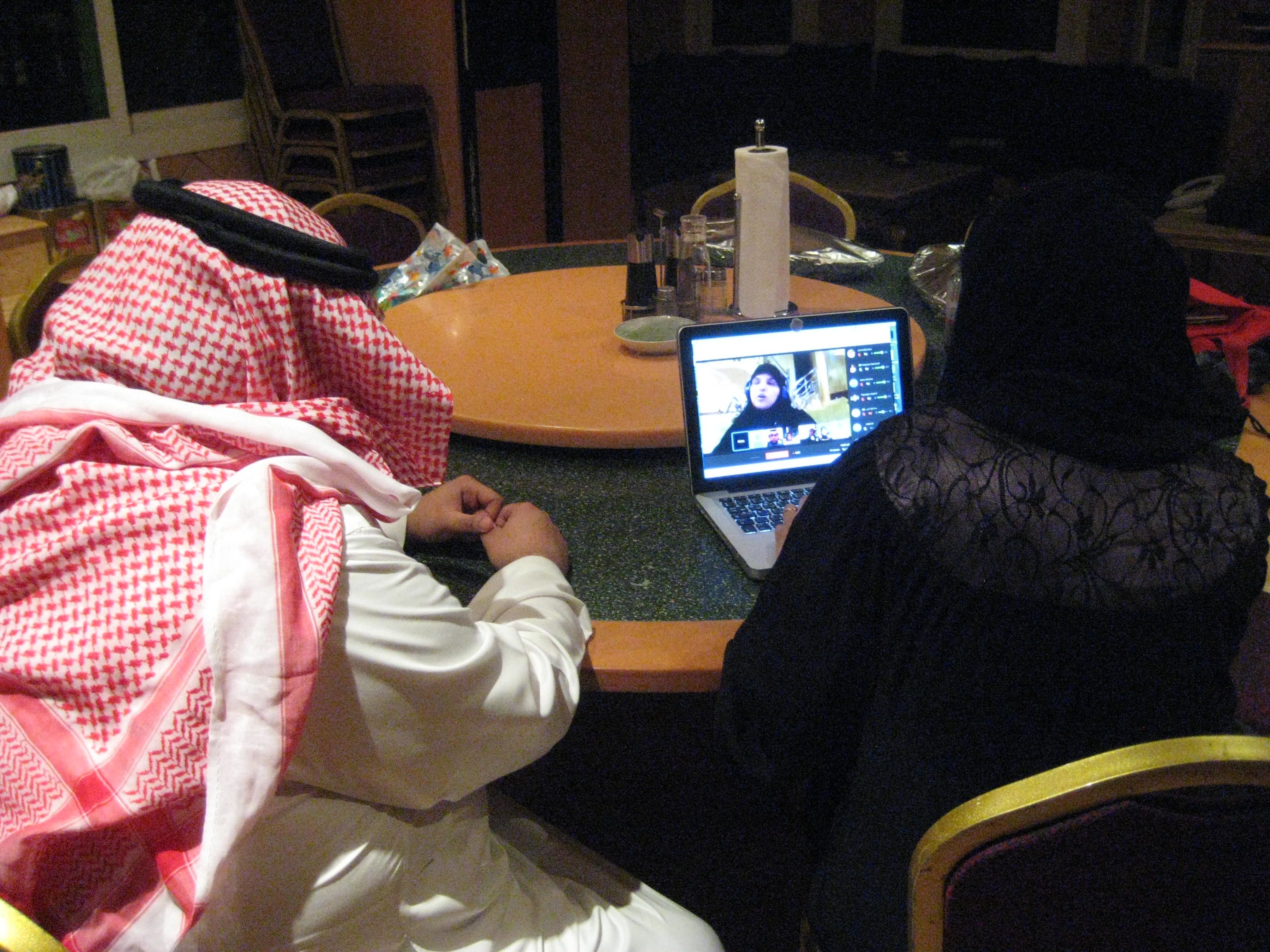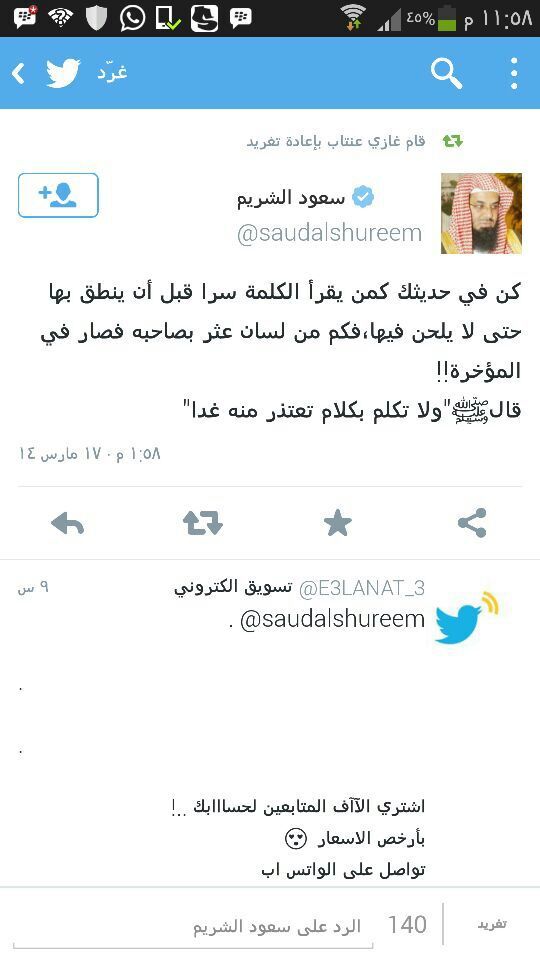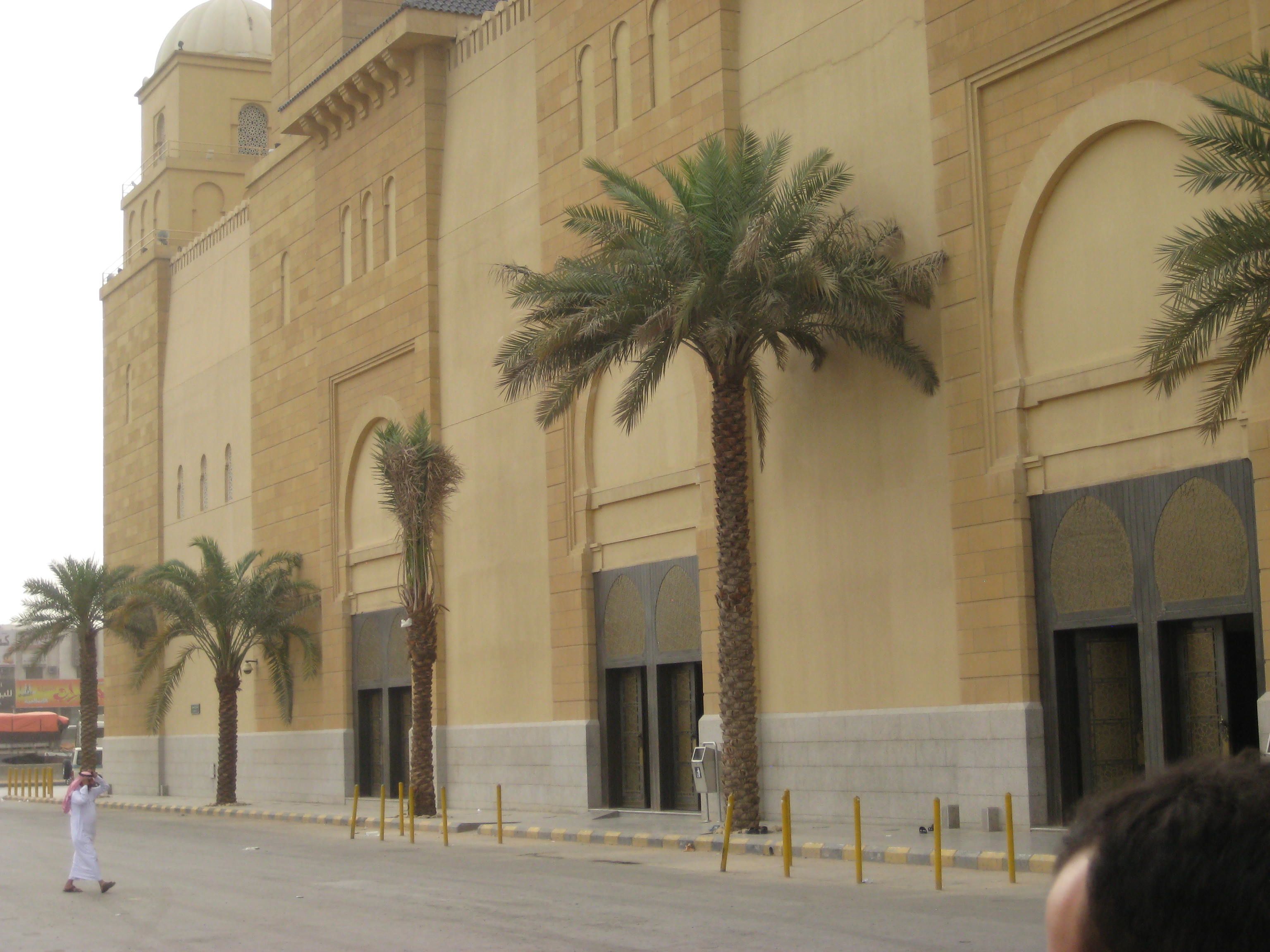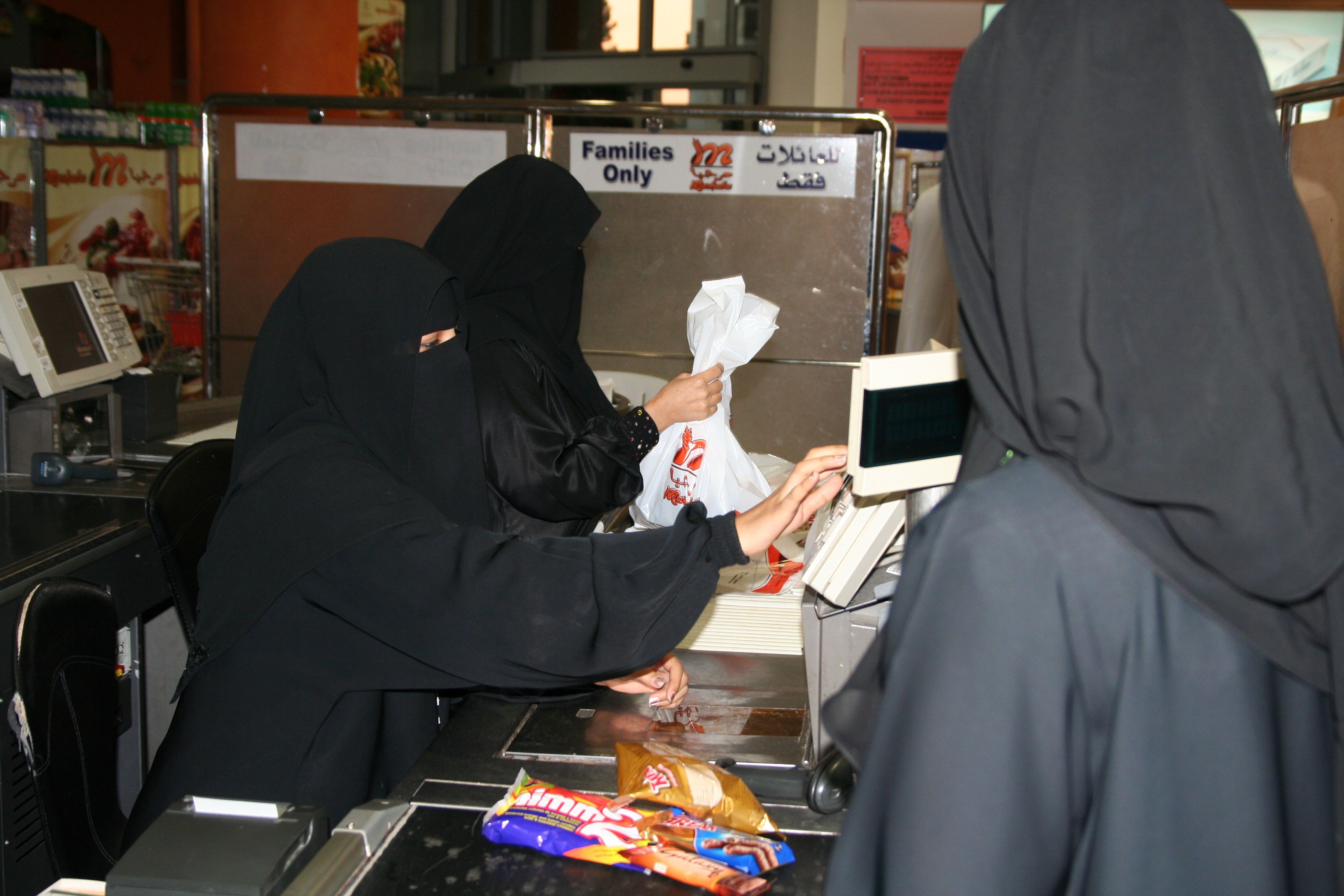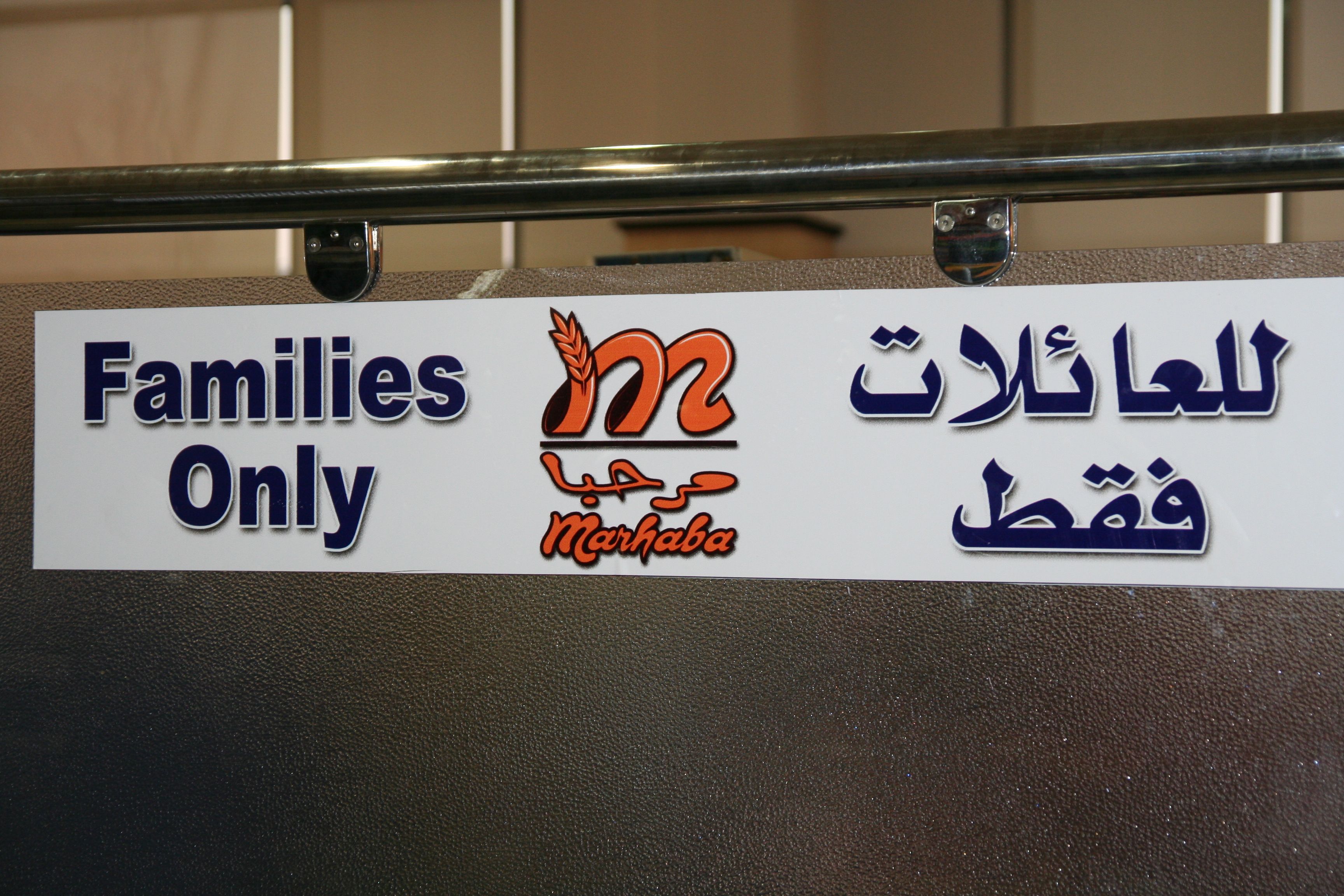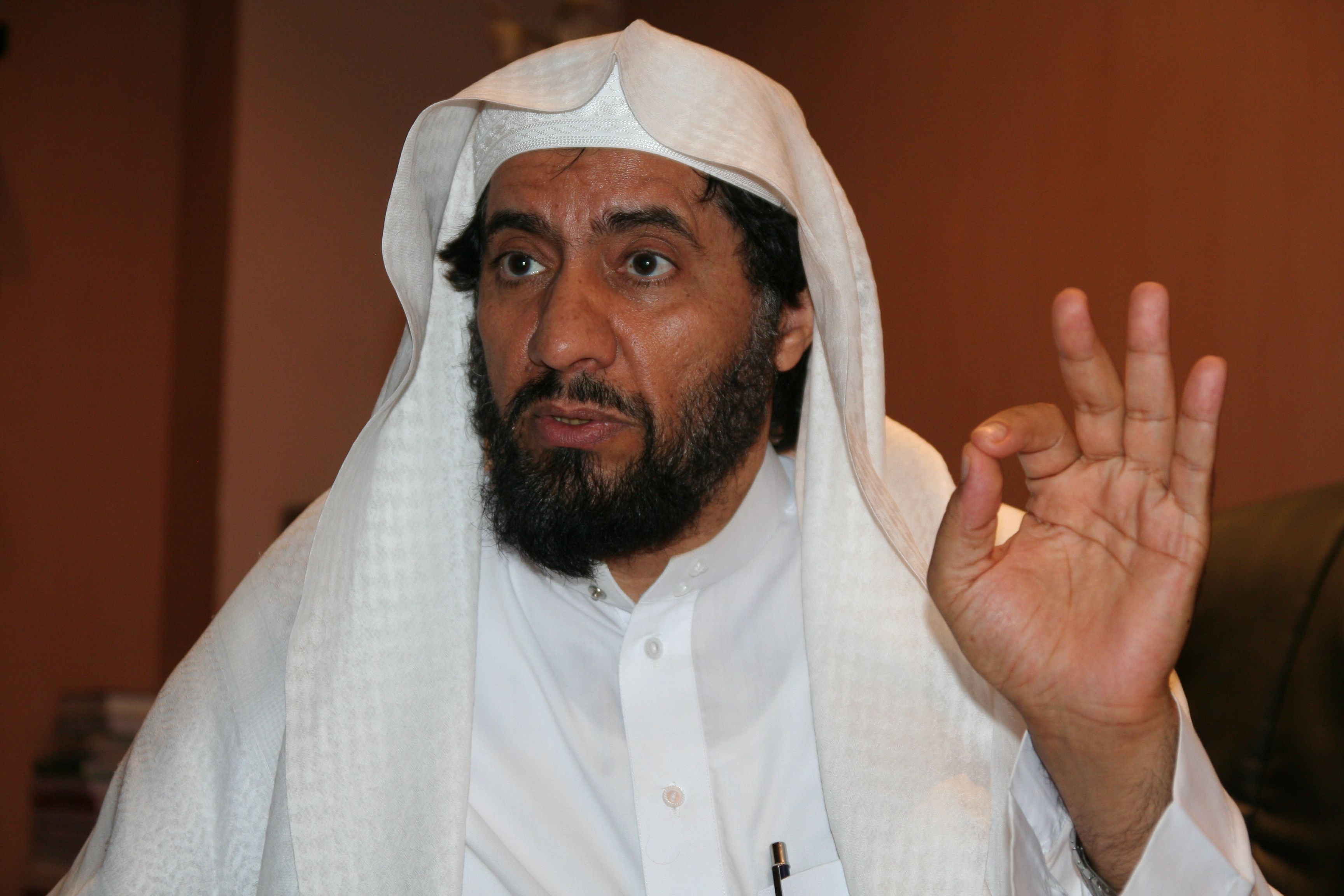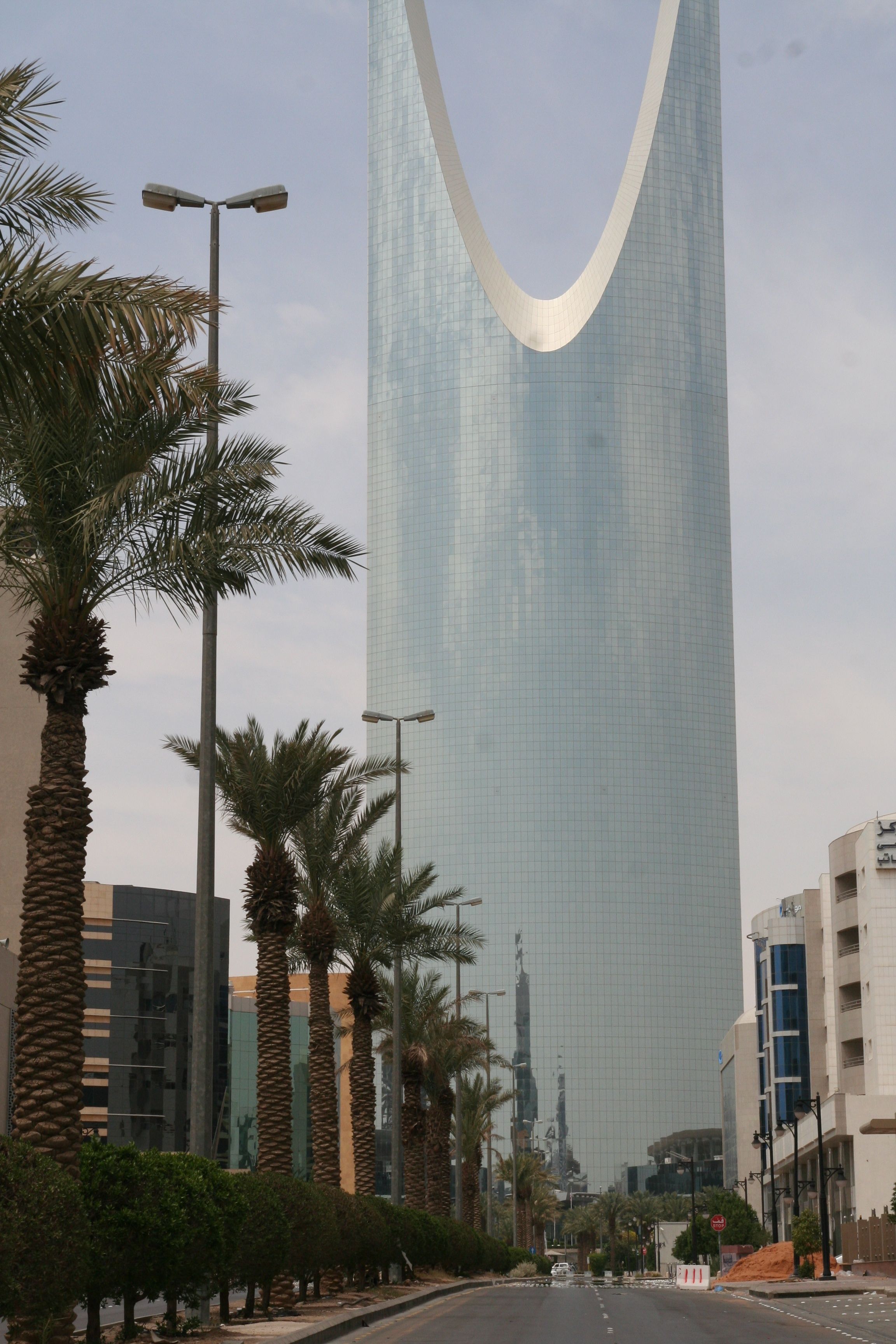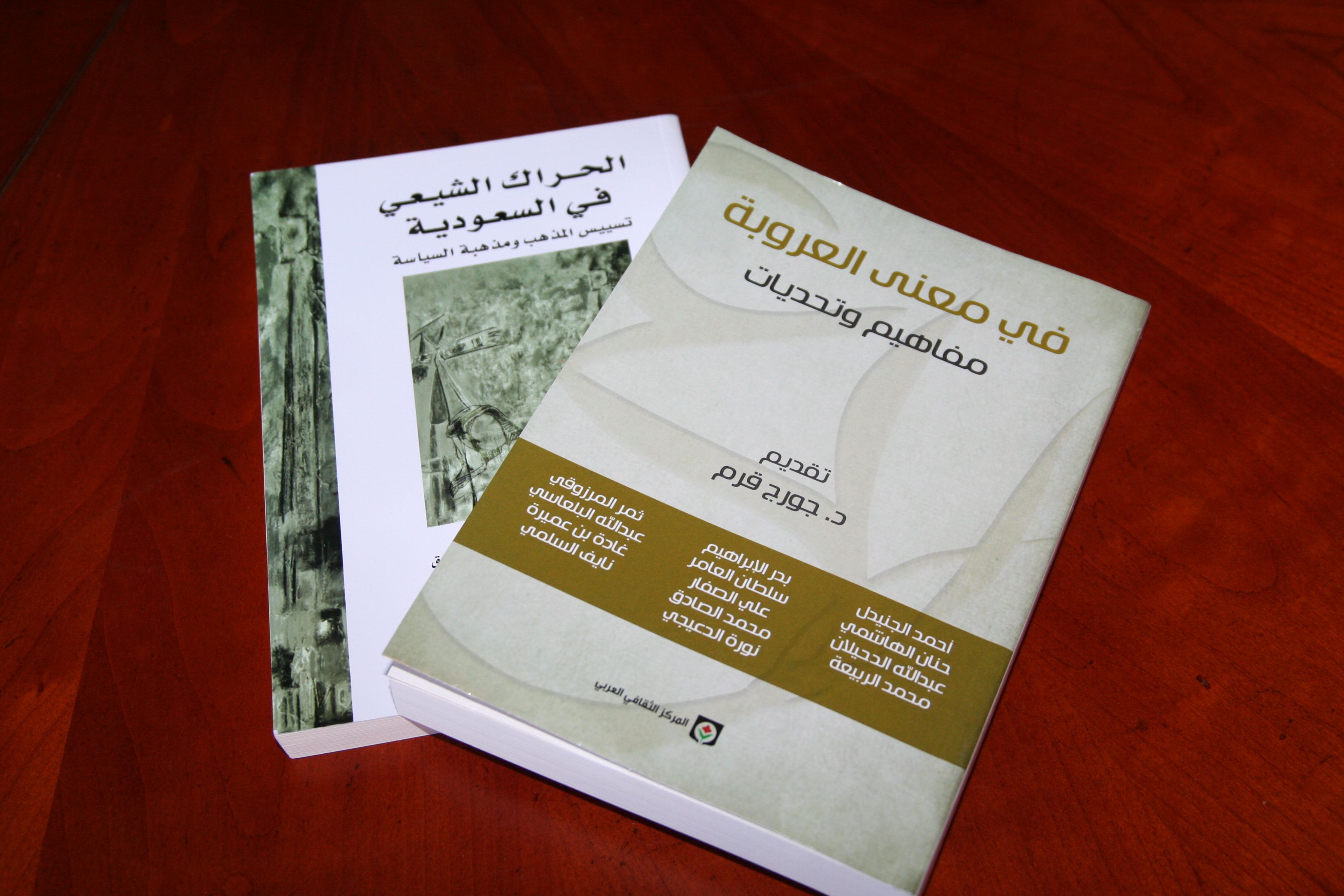April 03, 2014 | Pulitzer Center
By
Caryle Murphy, for the Pulitzer Center
Saudi Arabia is feeling the impact of its increasing interactions with the outside world, and as a result religious attitudes in the oil-rich desert kingdom are changing.
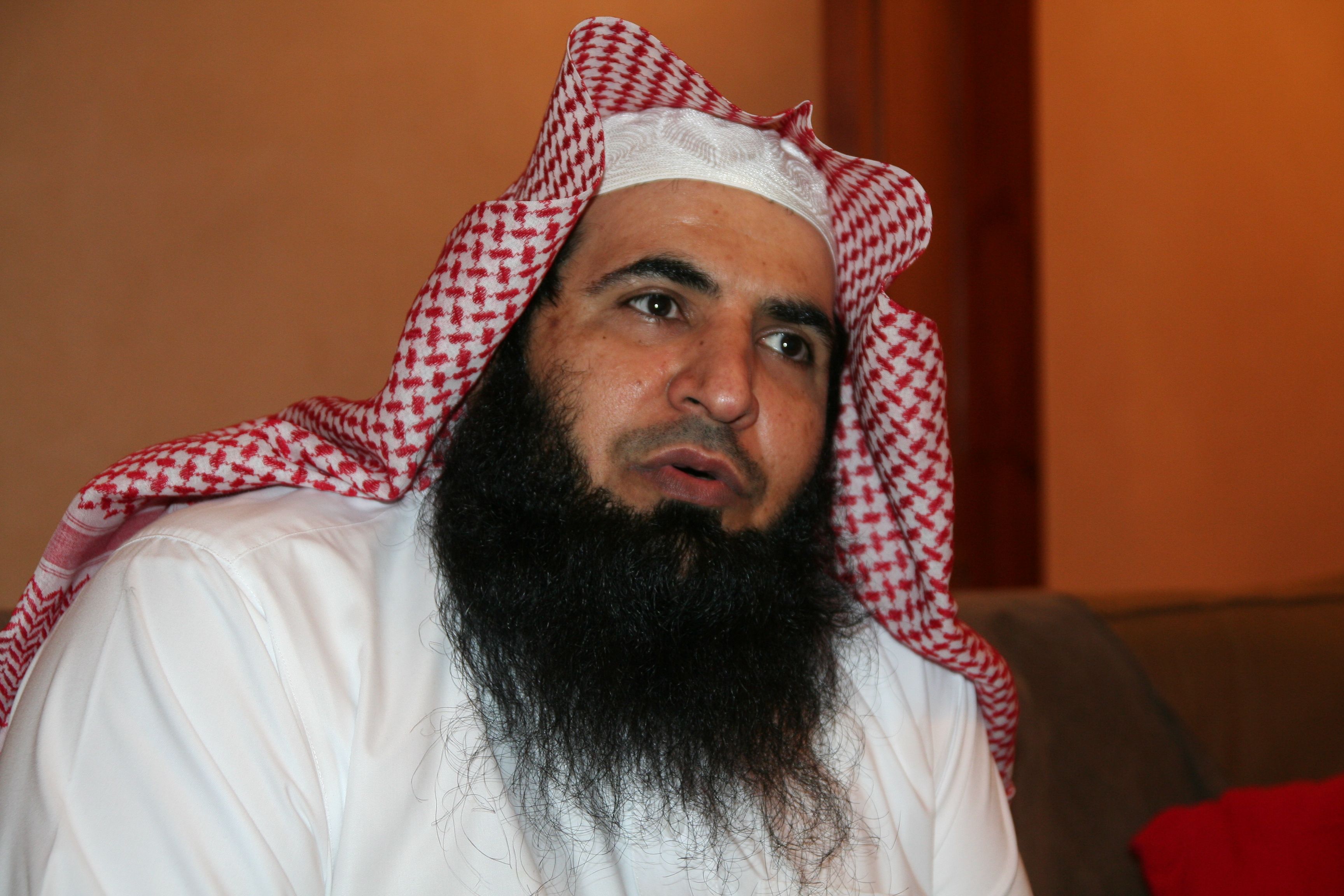

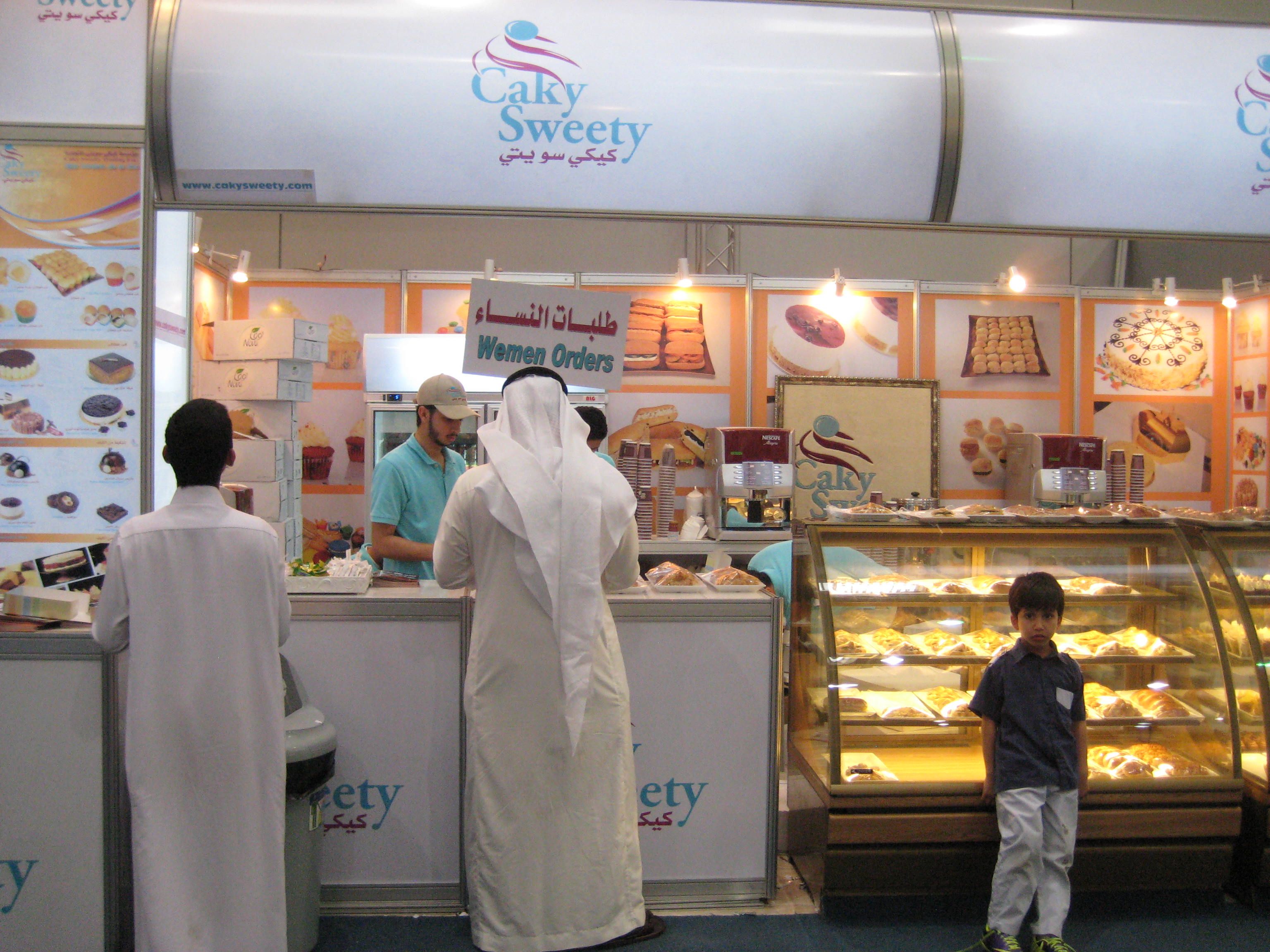
![Valentine's Day is rejected by most Saudi religious authorities as an unIslamic Western import. But many young Saudis privately celebrate it. Here, a store employee wraps a gift purchased by a Saudi woman for her [secret] boyfriend. Image by Caryle Murphy. Riyadh, 2009.](https://legacy.pulitzercenter.org/sites/default/files/styles/node_images_768x510/public/04-03-14/valentines_day_is_frowned_upon_by_the_religious_establishment._but_young_saudis_celebrate_it_in_private._here_a_store_employee_is_wrapping_gift_bought_by_a_young_woman_for_her_boyfriend._riyadh_2009.jpg?itok=L9E9mhPM)
